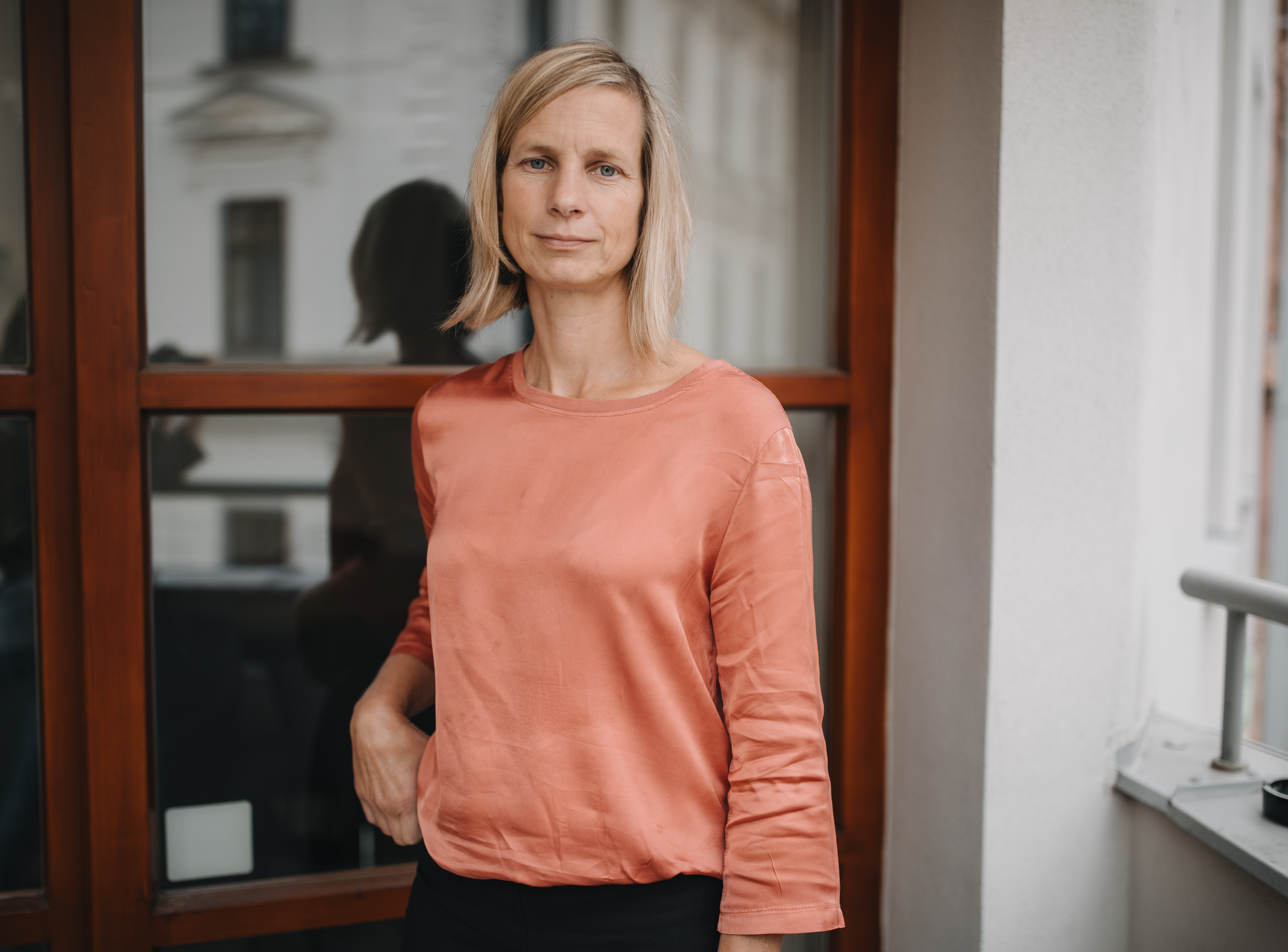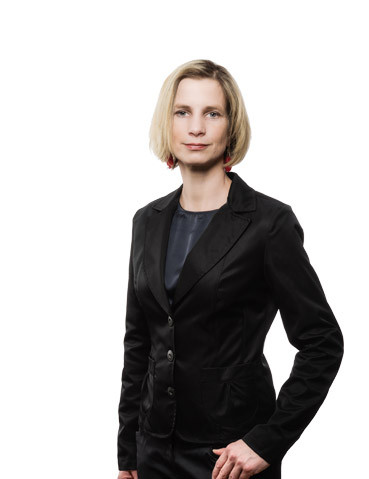Renewable energy in a new coat
Based on the new legislation, the possibilities of sharing electricity in the Czech Republic have shifted. While previously it was possible to share electricity from RES (e.g. solar panels) on a narrower scale, e.g. within an apartment building, community energy (community sharing) brings the possibility to share electricity between different consumption points across the Czech Republic. An important milestone is both the date of 1 January 2024, when the amendment to the Energy Act No. 458/2000 Coll. ("Lex RES II") came into force, and the date of 1 August 2024, when the Electricity Data Centre (EDC), where those interested in electricity sharing can register,started its operation . Sharing applies to households, companies and municipalities.
Author of the article: ARROWS (JUDr. Tereza Snopková, Ph.D., office@arws.cz, +420 245 007 740)

How will it actually work?
One option is to share in a group of a limited number of participants without limitation of area (up to 11 EANs). The second option offers a wider number of subjects (up to 1,000 community members) with a limitation to the territory of the three neighbouring administrative districts of the municipality with extended competence (here it is a question of establishing a legal entity - an energy community).
Electricity sharing in the first model (active customer model) is suitable for families with PV plants on their house, the second model within the energy community is suitable for municipalities, enterprises or communities of unit owners. There is also the possibility to extend the sharing gradually. Operate in the first model in the first phase and expand the network further after gaining operational certainty.
Thus, in terms of the first (for some, perhaps "starter") model, it allows for a single solar power plant to support both the active customer's home and the property of their relatives on the other side of the country. The customer or producer can therefore share the electricity for his own needs or with another customer. Setting up the relationships and financial flows is a matter for the participants in the cluster, but requires the establishment of an 'allocation key', i.e. a formula for how the current surplus will be distributed to other members of the community (this is a percentage distribution of electricity to each member of the cluster). This will then also work out how much the total surplus (overflow to the grid), if any, will be.
Defining the role of the active customer is important to prepare the setup of the system operation. This is an entity that is not just a passive consumer, but actively influences its consumption, possibly producing and sharing energy itself. In fact, community energy offers the opportunity to use renewable resources more efficiently, reduce costs and increase energy independence.
To start sharing, an active customer registers on the EDC website, fills out a contract application to access the EDC. The EDC contract will be executed within 20 days at the latest, followed by the signing of the EDC Access Agreement. The active customer mode is based on the right to have a continuous metering meter installed by the distribution system operator, free of charge (installation should take place within 3 months of the application.
It is evident that the legal environment in the Czech Republic for active customers and energy sharing is undergoing a dynamic evolution. In addition to the above, a law on accelerating the use of renewable energy sources and on amending related laws (Act on Accelerating the Use of Renewable Energy Sources) is in the pipeline. The latter is now under comment. Its adoption is linked to EU legislation and aims in particular at defining the areas where faster authorisation of RES projects will be allowed. This should be achieved by prior mapping of the area, avoiding conflicts with protected interests and transferring the areas so defined into spatial planning instruments (especially spatial development principles, land use plans).
